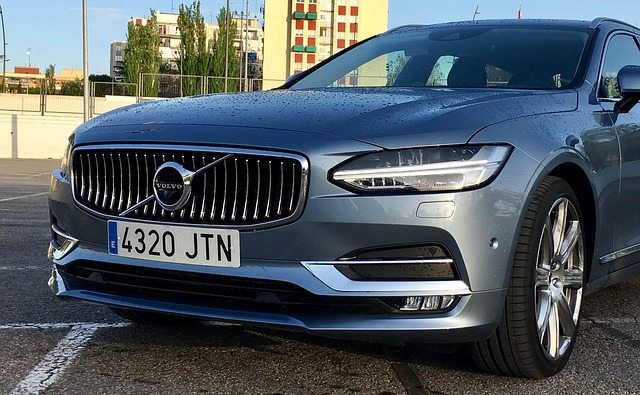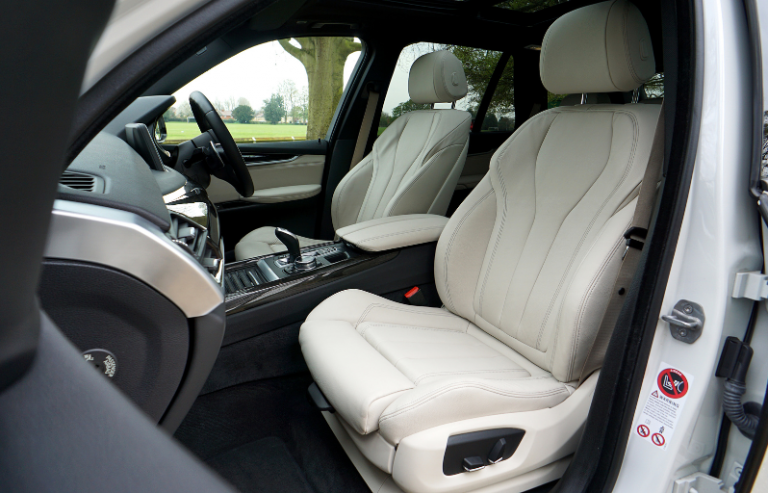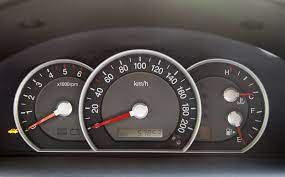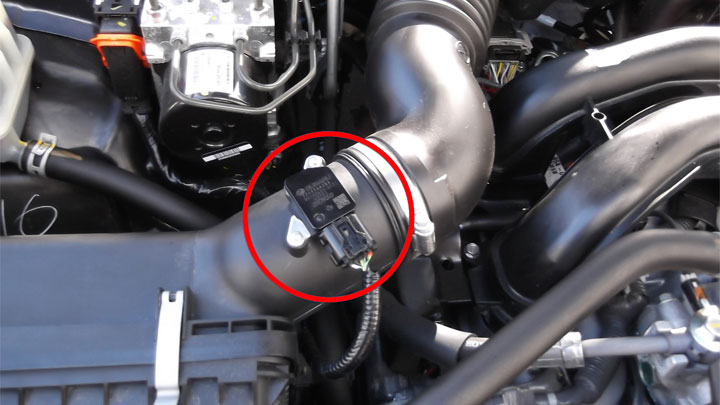Here are the possible causes of your vehicle jerking when braking, slowing down or stopping.
Causes of a Braking Jerk in a Car
When braking, it is normal for drivers to experience a “jerking” sensation. While such problems are not uncommon, they do want immediate treatment in order to be resolved.
The following are some of the most prevalent causes of a car jerking when the brake pedal is pushed.
Warped Wheels
Warped brake rotors are the most common cause of a jerking sensation when applying brakes to a vehicle. Overheating, heavy wear or a quick drop in temperature can all cause brake rotors to warp over time.
This distortion is felt when the brake pads of a vehicle press against the affected brake rotors, resulting in a visible pulsation.
ABS Operation
When the Anti-Lock Braking System (ABS) valve in a car is turned on, it makes the car stop with a lot of jerking.
If you tried to stop suddenly, especially in rainy weather, this result is nothing to be concerned about. However, if your vehicle’s ABS system starts acting up at odd stops, you’ll need to get it checked out.
Inadequate Brake Booster
Another potential source of vehicle vibration during braking is a defective vacuum-assist brake booster.
When a vehicle’s brake pedal is depressed, the brake booster acts by manipulating a diaphragm under a vacuum. If this diaphragm is damaged in any way, shuttering may occur during braking applications.
Brake Caliper Seized
When applying the brakes, a severely seized brake caliper can also cause the car to lurch. These jolts and jumps are caused by binding, which happens when a car’s brake pads get stuck between its rotors.
This issue is frequently accompanied by an audible chattering noise.
Worn Suspension/Steering Bushings
To moderate vibration in a vehicle’s front end, numerous different bushings (for example, control arm bushings, shock absorber bushings, steering rack bushings, and so on) are used.
But these bushings tend to wear out over time, which makes vibrations that were previously muted much louder. This issue manifests itself most prominently when braking.

Causes of a Jerky Car When Slowing Down
Even in the absence of a definite brake application, a vehicle can jerk when slowing down. The source of this strange vibration should be identified and repaired as soon as possible.
The following are some of the most prevalent causes of a car jerking when coming to a halt.
Transmission Problems
A jerking sensation when slowing down is frequently suggestive of a transmission-related problem, such as a faulty valve body or TCM.
This is true of both automatic and manual transmissions as they try to adjust their gearing and speed to the scenario at hand. Additional diagnostics will be required to determine the full scope of such problems.
Defective MAF Sensor
A defective Mass Airflow Sensor (MAF) is not unusual in causing an engine to jerk as a vehicle slows. A Mass Airflow Sensor provides data to an engine’s ECM/PCM on the amount of air passing through the intake tract.
This feedback is used to calculate an engine’s fuel trims in real-time. However, incorrect data presentation can result in combustion abnormalities.
Compromised Ignition Coils
The ignition coils of an engine deliver a precisely timed spark to each cylinder. However, once an ignition coil begins to fail, it frequently results in low-speed misfires, which are commonly sensed as bucking or jumping.
While such problems can occur while driving at high speeds, they are substantially more common during acceleration since the relative engine load is significantly reduced.
Throttle Sticking body
When the throttle body of an engine starts to get stuck, the engine can jerk. The throttle body controls how much air goes into the intake manifold of an engine so that it can be burned.
It’s common for an engine to hesitate when the throttle body gets stuck or doesn’t move to the right place to meet the engine’s needs.
Vacuum Leaks
Vacuum leaks are another major cause of car jerking when slowing down.
An earlier car frequently relied on engine vacuum to perform a variety of key operations, including EGR operation. Worse, a leak in a vehicle’s vacuum system can cause severe, random misfires, which are commonly noticed only when braking to a halt.
Causes of a Jerking Car When Stopped
A vehicle can jerk noticeably when stopped, albeit this is less typical than the conditions listed above. For many, this is cause for concern, and it can cause some anxiety until it is resolved.
Car jerking while at a complete stop
Problems with the Ignition System
When stopped at a light, jerking or shaking at idle is often caused by one or more problems with the ignition system. Worn spark plugs, aged spark plug wires, and malfunctioning coil packs are among the most typical of these concerns.
In older automobiles, a worn or damaged distributor cap or rotor button was frequently to blame for this type of problem.
Fuel Delivery Issues
A miss observed when idling is frequently caused by a problem with the engine’s fuel system. A blocked fuel filter, a faulty fuel pressure regulator, or malfunctioning injectors are just a few of the fuel system problems that can occur in a car.
The majority of these difficulties appear to be most noticeable when sitting motionless in a parking lot or at a stop signal.
Ineffective Air Delivery
An internal combustion engine needs a steady supply of clean intake air to work well. If an engine runs out of air at any time, combustion efficiency and overall performance suffer, which usually leads to a severe misfire.
This misfire is easily detectable at idle or under a modest engine load. Problems of this sort can be ascribed to throttle body faults or the usage of a filthy or clogged air filter for an extended period of time.
Vacuum Leaks
Because they allow unmetered air into an engine’s intake tract, vacuum leaks are one of the most common causes of irregular idling. This air is not accounted for by an engine’s ECM/PCM, resulting in a significantly lean condition.
Because of this, the efficiency of combustion goes down by a lot, and the engine’s performance goes down in a way that has never happened before.

Chris Miller is an auto journalist who specializes in reviewing new cars and providing helpful advice on family vehicles. He has a passion for cars and enjoys sharing his knowledge and expertise with others.





